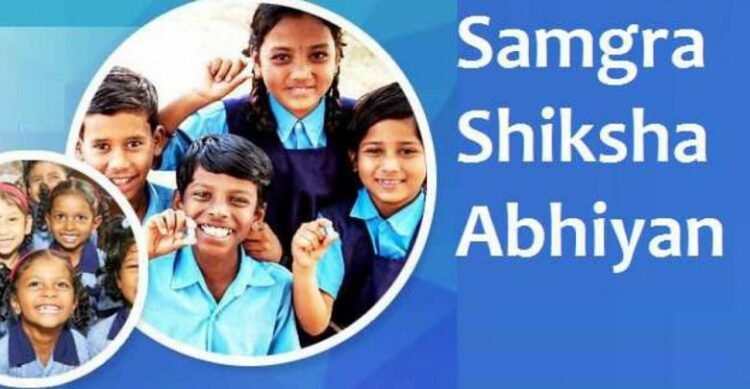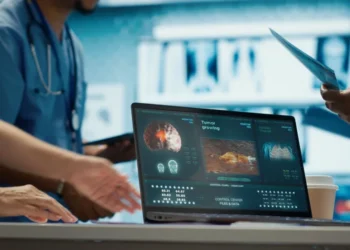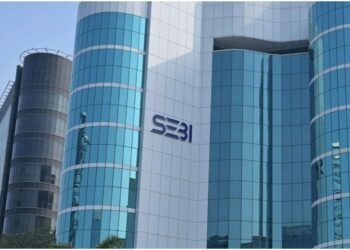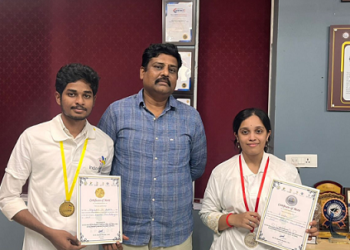New Delhi – Government’s integrated scheme for school education Samagra Shiksha does not have provisions for setting up smart schools, Human Resource Development Minister Ramesh Pokhriyal Nishank, has informed the Lok Sabha.
The scheme however provides funding for setting up of Information and Communication Technology (ICT) labs in schools at a cost of Rs 640,000 per school, the minister said
He was responding to a question whether the Centre has fixed any target to convert the Government schools into smart schools.
The Department of School Education & Literacy, under the MHRD launched the Samagra Shiksha, in May 2018, and includes the three erstwhile centrally sponsored schemes – Sarva Shiksha Abhiyan (SSA), Rashtriya Madhyamik Shiksha Abhiyan (RMSA) and the Teacher Education (TE).
The scheme envisages school education as a continuum from pre-school to senior secondary level and aims to ensure inclusive and equitable quality education.
The major interventions under the scheme are universal access including Infrastructure Development and Retention; Gender and Equity; Inclusive Education; Quality; Financial support for Teacher Salary; Digital initiatives; Entitlements under the Right of Children to Free and Compulsory Education (RTE) Act, 2009.
The government also plans to overhaul the National Policy on Education and bring a new National Education Policy 2019, the draft of which has been released by the ministry on 31 May. The government has extended the deadline to submit suggestions till 31 Jul.
The MHRD constituted a committee in June 2017, under the chairmanship of former ISRO chairman Krishnaswami Kasturirangan to prepare the Draft NEP, 2019. The committee submitted its report on 15 Dec.
This news service is also organising a dialogue on the Draft National Education Policy (NEP), 2019 on 26 July at the India International Centre, in New Delhi.
The ‘India CSR Dialogue’ will talk about expectations and opportunities for the corporate sector and the civil society in Draft NEP. It will also talk about the role that the two stakeholders could play to take forward the Sustainable Development Goal (SDG) 4, which envisages to “ensure inclusive and equitable quality education and promote lifelong learning opportunities for all” by 2030.
The discussion on the Draft National Education Policy (DNEP) brings awareness about the draft policy and ensures a greater participation and commitment towards the goal of better education, India CSR founder, Rusen Kumar said.
While a lot of corporate and civil society organisations are doing some wonderful work in the education sector, it is always interesting to know how they identify with the draft policy, he added.






















